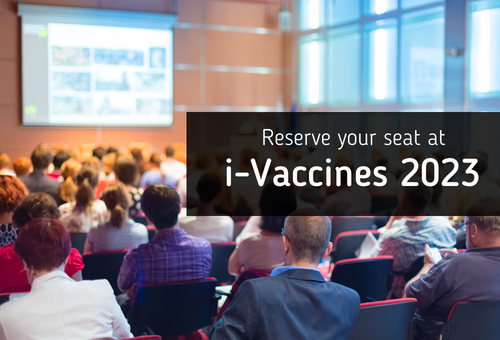
With a greater need than ever for collaboration, we are delighted to invite you to The International Vaccines and Virology Conference (i-Vaccines 2023) which will take place in London, UK on March 13,2023. We aim to bring together experts from relevant fields, regulatory bodies, and research institutions to exchange ideas, build up networks, and work collaboratively.
As the world focuses its lens on healthcare, the opportunity, and urgency to discover a new era of agile, patient-centric vaccines have never been greater. i-Vaccines 2023 will provide an unparalleled opportunity to network with leading academicians, practitioners, and business professionals from around the world to share the most significant advances and concerns in the field of vaccines.
i-Vaccines 2023 will be held both in London and online, allowing us to provide a unique experience for all delegates regardless of mode of participation, allowing many more people to participate. i-Vaccines features a comprehensive scientific program spanning a wide range of topics including Recent Research in Vaccines, Viral Diagnostics, Antiviral therapy, Cancer Vaccines and Immunotherapy, Vaccines Safety, Clinical Trials, Coronavirus Disease, Covid19 Vaccine, Novel Vaccine Delivery Method Hepatitis viruses, HIV, etc for information exchange and to harness this momentum of change in order to implement a new future shaped in the image of human needs.

Vaccines represent one of science's and medicine's biggest contributions in the fight against infectious diseases. Vaccine development has resulted in the elimination of infectious diseases such as smallpox and polio, which have now been eradicated in many countries, including those in North and Latin America and Europe. Global immunization coverage has never been higher, with more than 100 million children immunized each year.
Vaccination works on the principle of altering immunity by causing the multiplication of specialized cells, primarily lymphocytes, that kill virus-infected cells by close interaction or by secreting proteins. The body's immune cells are arranged in such a way that after an induced immune response against a disease-causing organism via vaccine, they are capable of quickly recognizing and responding to the same antigen in a more effective manner when encountered again. As a result of vaccines' high potential for disease prevention, the production of new vaccines is growing exponentially, with the incessant launch of new vaccines and many candidates in the pipeline. The global vaccine market is projected to reach USD 100 billion by 2025, thanks to developments in immunology, genetics, and vaccine technology, as well as increased demand from population growth in emerging economies. A high prevalence of diseases, rising government and nongovernment funding for vaccine production, increasing company investments, and a growing emphasis on immunization programs are the main drivers driving this market's growth. Furthermore, a rising public understanding of the benefits of vaccination in disease prevention is expected to drive market growth. As the COVID-19 pandemic spreads around the globe, people around the world are desperately awaiting a vaccine to contain the virus. New innovations are also being implemented to make them easier to produce, which is why the global industry is expected to expand in the coming years.

INSERM, France
(For i-WomenHealth 2019)

Merck & Co. Inc., USA
(For i-Pharma Congress 2019)

Fundacion Jimenez Diaz , Spain
(For i-WomenHealth 2019)

Clara A Foundation, Germany
(For i-WomenHealth 2019)

INSERM , France
(For i-WomenHealth 2019)

University of Cape Town , SA
(For i-WomenHealth 2019)

The Centre of Bioethics , India
(For i-WomenHealth 2019)
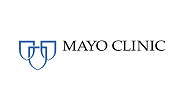
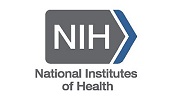
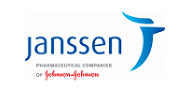
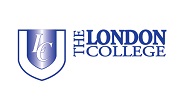
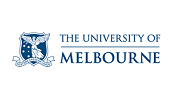
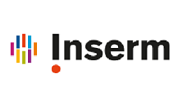
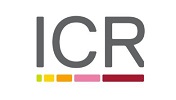

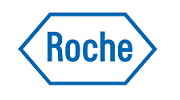
© i-Vaccines 2022. All rights reserved.